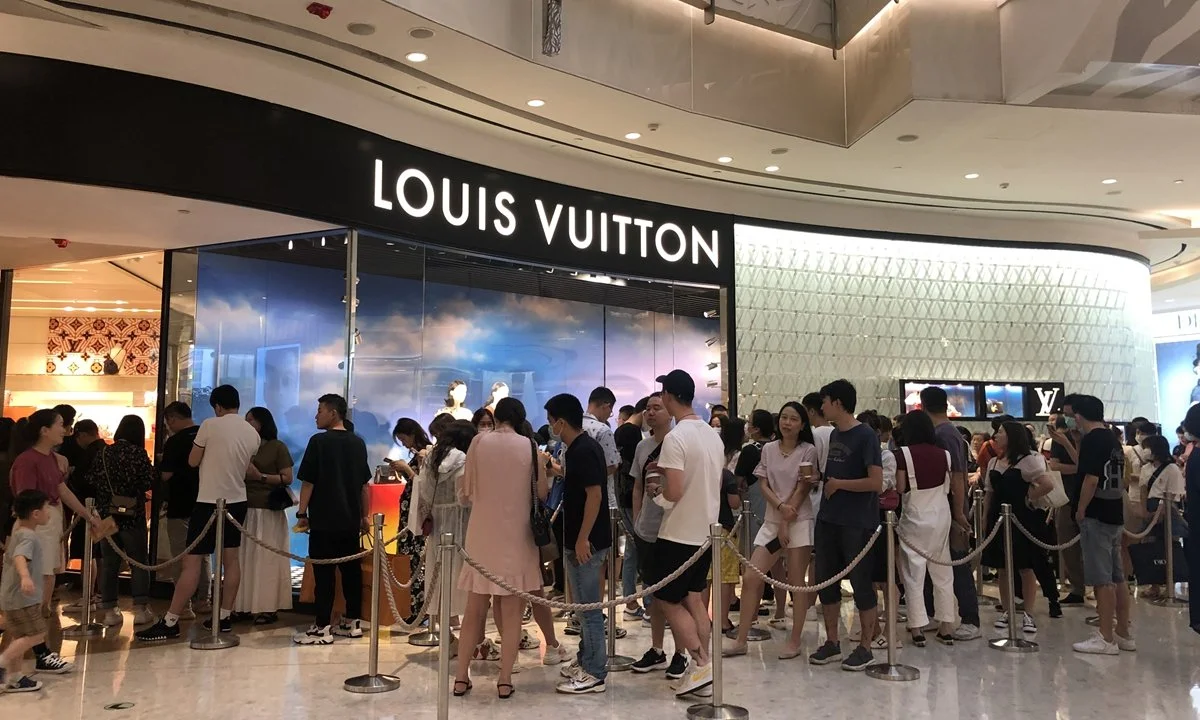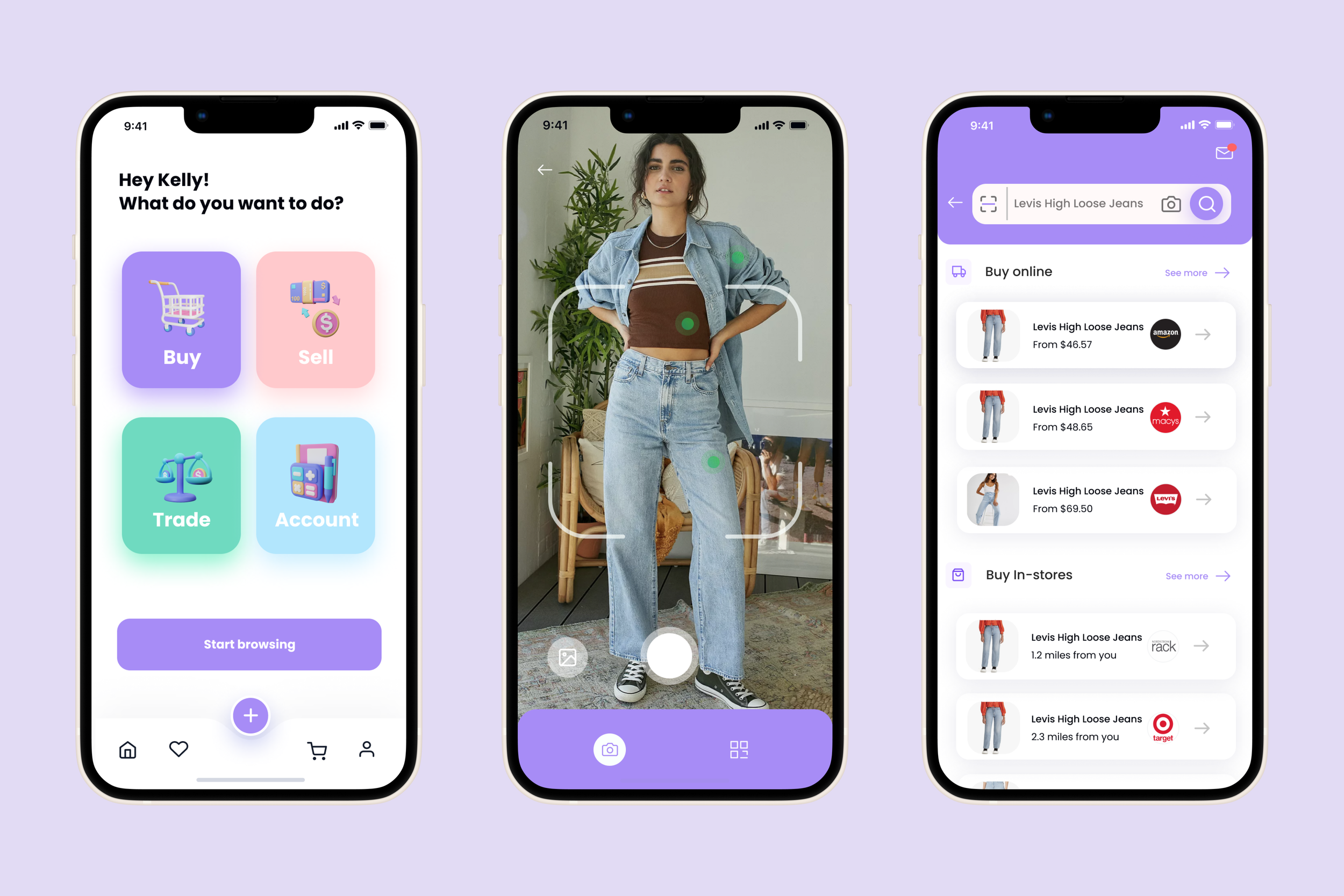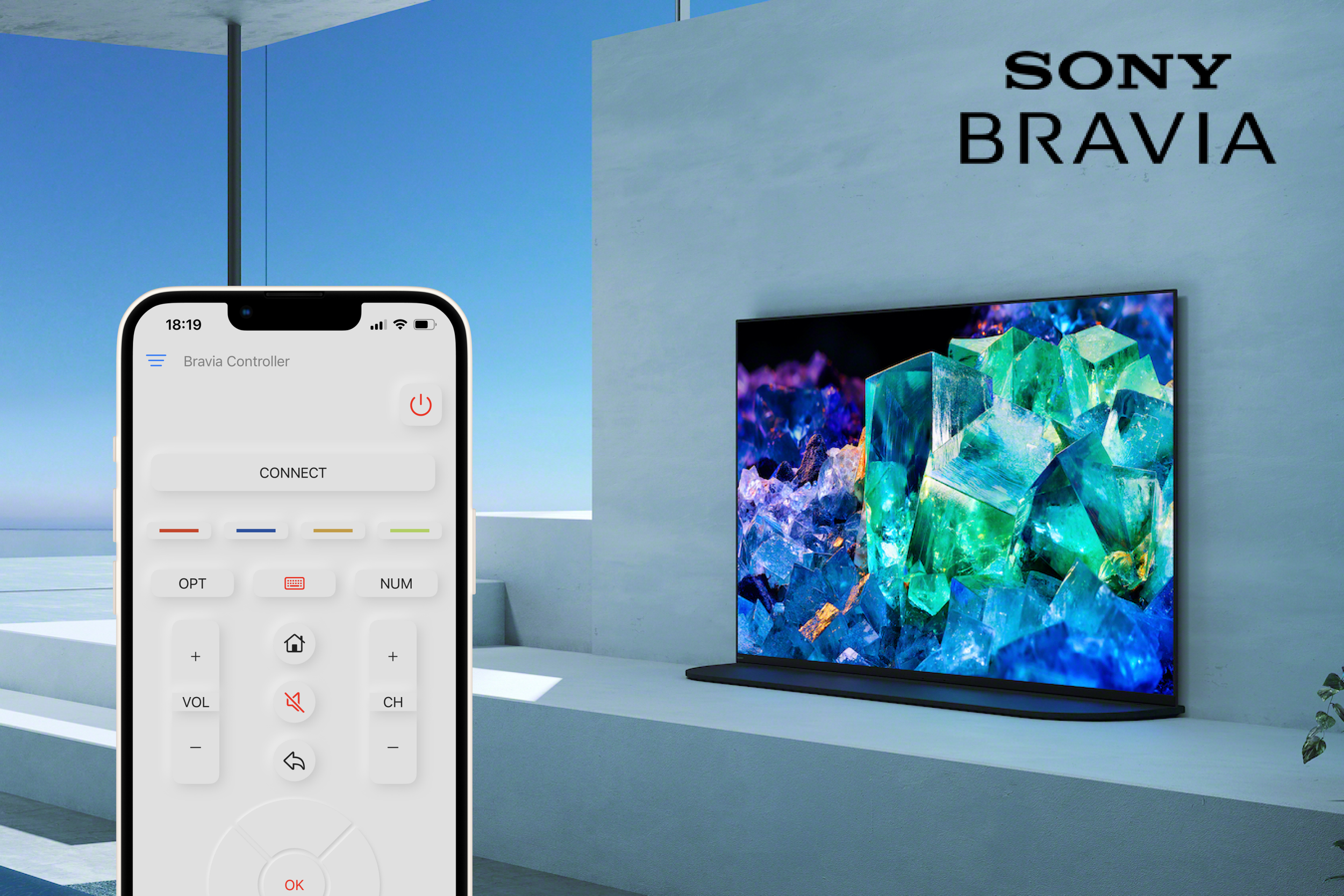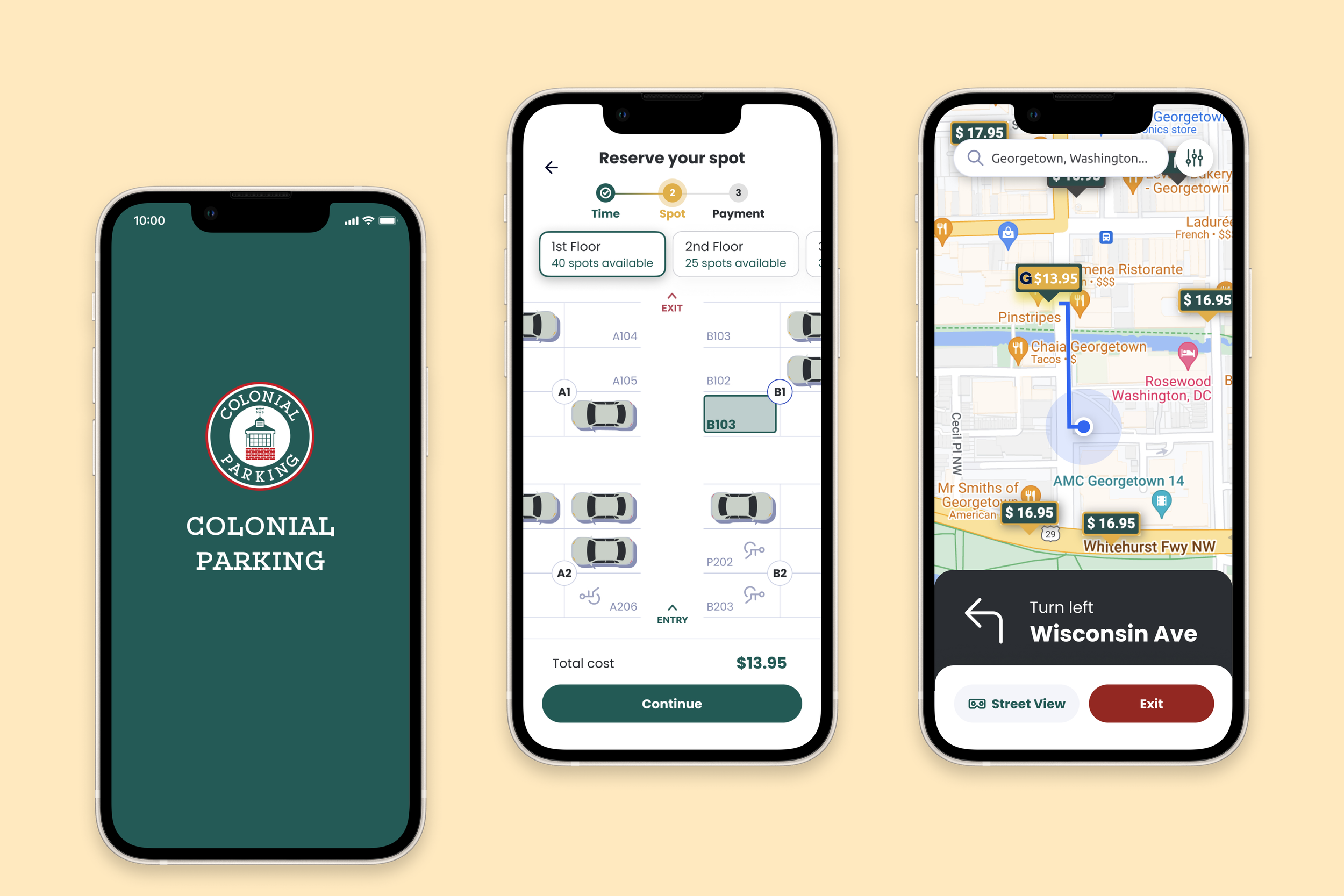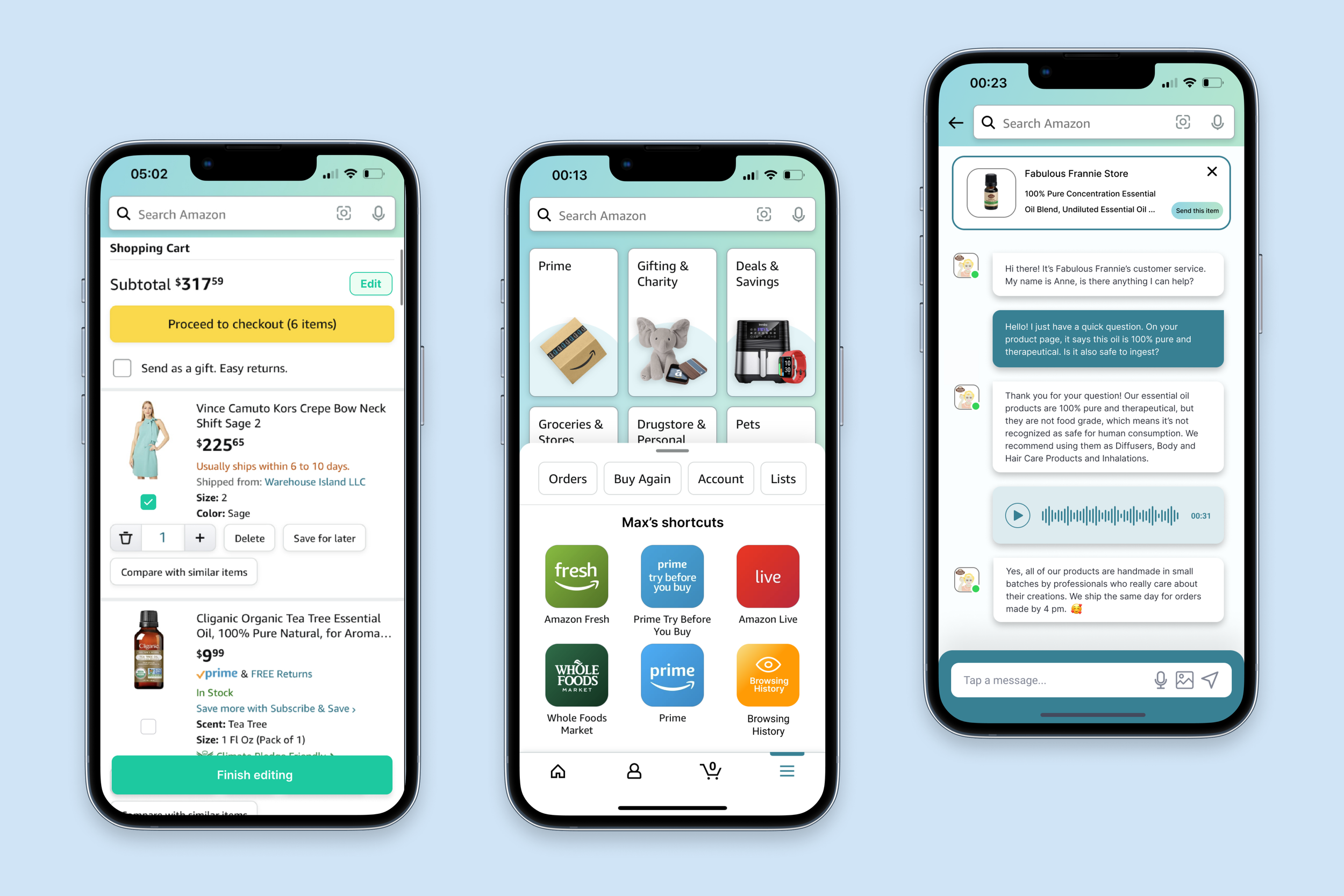
Utilizing the Power of Data to Understand Consumer Behaviors
How cultures influence consumers’ choices has become a great concern for many researchers. Marketers, business owners and consumer - interest researchers cannot understand consumer decision-making styles without studying the cultural contexts in which buying decisions are created.
Interestingly, according to the 17th edition of the Bain Luxury Study -- as the world’s largest economy, personal luxury goods consumption in the United States only accounts for 19% of the world’s consumption, while China accounts for 39%.
Through this study, we will be able to better understand millennials’ consumer psychology and consumer behavior by collecting data from young people living in different cultural settings, hence can provide in-depth information from a new perspective for sociologists and economists.
Research Value
Source: Global Times
Research Questions
What is the relationship between millennials’ cultural value and their consumer behavior towards personal luxury goods? Project:
The Effects of Cultural Value on Millennials’ Consumer Behavior towards Personal Luxury GoodsResearch Question 1 (RQ1):
Millennials who have collectivist cultural values will have stronger desires to buy luxury goodsHypothesis 1 (H1):
Hypothesis 2 (H2):
Millennials who have collectivist cultural values will associate luxury goods with a more positive meaning to lifeParticipants
I collected data on 100 university students and recent graduates in the US and China. The majority of participants were female (77%), with 18% male and 5% who report their gender as other (females = 77; males = 18; other = 5).As for ethnicity, 33% of individuals are White (n=33), 15% are Hispanic or Latino (n=15), 9% of participants are Black or African American (n=9), while Asian / Pacific Islander consist of the majority of participants (42%, n=42). Measurement
Collectivistic Traits:
I administered the Collectivistic Traits by asking a series of behavioral questions regarding collectivism. Participants responded to each of the 8 items on a five-point Likert-type scale ranging from 1 (strongly disagree) to 5 (strongly agree). After computing the 8 questions as a new variable – Collectivistic Traits, data collected indicates a mean of 2.84 and a standard deviation of 0.90, and high reliability, Cronbach’s Alpha was 0.86. Reliability Test
Cronbach’s Alpha:
ranges 0-1, with 1 being more reliable. Ideally around 0.6 or higher.
Individualistic Traits:
I administered the Individualistic Traits by asking a series of behavioral questions regarding individualism. Participants responded to each of the 8 items on a five-point Likert-type scale ranging from 1 (strongly disagree) to 5 (strongly agree). After computing the 8 questions as a new variable – Individualistic Traits, data collected indicates a mean of 3.52 and a standard deviation of 0.84, and high reliability, Cronbach’s Alpha was 0.84. Desire of Buying Luxury Goods:
I administered Desire of Buying Luxury Goods by asking a series of behavioral questions regarding individuals’ tendency to purchase luxury items. Participants responded to each of the 5 items on a five-point Likert-type scale ranging from 1 (strongly disagree) to 5 (strongly agree). After computing the 5 questions as a new variable – Desire, data collected indicates a mean of 2.43 and a standard deviation of 1.00, and high reliability, Cronbach’s Alpha was 0.83. Association between Positive Meaning and Luxury Goods:
I administered Association between Positive Meaning and Luxury Goods by asking a series of behavioral questions regarding individuals’ tendency to connect positive meanings to luxury items. Participants responded to each of the 5 items on a five-point Likert-type scale ranging from 1 (strongly disagree) to 5 (strongly agree). After computing the 5 questions as a new variable – PositiveMeaning, data collected indicates a mean of 2.13 and a standard deviation of 0.96, and high reliability, Cronbach’s Alpha was 0.87. Results
H1 predicted that there is a positive correlation between Collectivistic Traits and Desire of Buying Luxury Goods. Correlation test shows r(99)=.57, p<.005. There is a strong, significant positive correlation between Collectivistic Traits and Desire of Buying Luxury Goods. H1 was supported.Correlation Test
H2 predicted that there is a positive correlation between Collectivistic Traits and Association between Positive Meaning and Luxury Goods. Correlation test shows r(99)= .57, p<.005. There is a strong, significant positive correlation between Collectivistic Traits and Association between Positive Meaning and Luxury Goods. H2 was supported.For RQ1, in addition to test result on H1 and H2, correlation test shows there is a strong, significant negative correlation between individualistic Traits and Desire of Buying Luxury Goods: r(99)= −.51, p<.01. What’s more, there is a strong, significant negative correlation between Individualistic Traits and Association between Positive Meaning and Luxury Goods: r(99)= −.51, p<.02. Conclusion
To summarize these 4 correlation tests, we can draw a conclusion that the more a millennial’s cultural value tends to be collectivism, the more likely he or she will purchase personal luxury goods.

